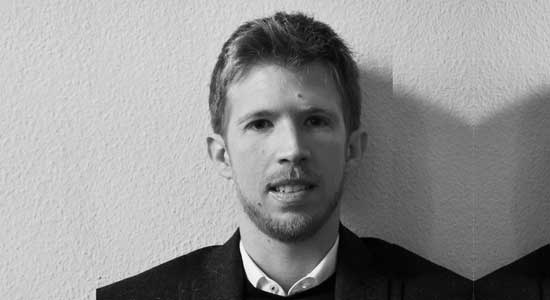Michele Di Marco

A tool in social change
Michele Dimarco has a background in architecture and used to study and work in low and middle-income countries in the Middle East and South America. While working with social change and development, he discovered that disaster management could be a smart move for his career.
“When I was studying in Chile, I learn how extremely important mitigation plans are in tsunamis and earthquakes. This ended up shaping my academic career. Considering these factors while working with buildings affected the way I was thinking and designing. All I felt I was missing was a more managerial perspective,” says Michele.
This led him to the Master of Disaster Management (MDMa), from which he graduated in 2017. Today he is managing director in his company Emergency Architecture and Human Rights and is also the WHO Helpdesk coordinator for the COVID-10 response within the logistics department at World Health Organization HQ level.
“It was always my interest to see how architecture can be used as a tool in social change, but also how we can use preparedness plans and mitigation plans to reduce the risk of disaster. So of course, this master was perfect for me because it allowed me to apply some of my existing academic knowledge, but also experience a field completely different from my own,” he says.
Joining the conversation
The Master of Disaster Management programme has not only given Michele great tools to use in his daily work, but also close connections with whom he is still in contact.
“Taking the Master of Disaster Management was really interesting for me. It was a dynamic group with many completely different backgrounds and different amounts of experience, so there was a lot of interesting group discussions and group work. The fact that we talked so much to each other, even outside of class, lead to some of us even writing scientific papers together and continuing working together to this day,” he says.
The master's programme welcomes people with all different kinds of academic backgrounds within the humanitarian field. Even though Michele had prior experience working with disaster management, there was one hurdle he felt he didn’t master until he found the MDMa programme.
“I always had trouble understanding the internal language they were using. If you’re outside the technical language, you’re outside the conversation. The MDMa programme really helped me understand the language used in the sector. This is something I use every single day in my work now,” says Michele, before concluding:
“I would of course recommend the programme to anyone who might be interested in working within the field of disaster management and humanitarian action.”
Interview from April 2020
